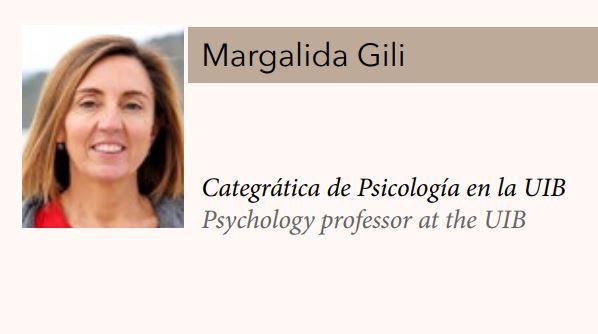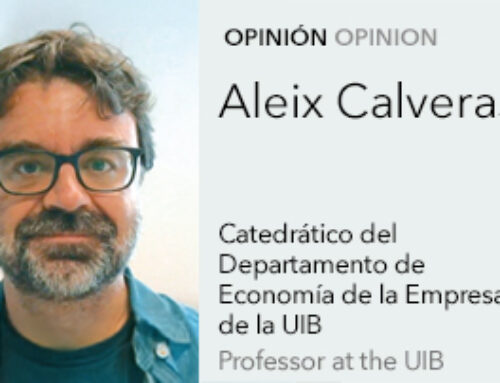Over time one learns that the emotional beats the rational. That our decisions are not as logical as we imagined and that getting it right is not the result of adequately combining alternatives and probabilities. No, our brain is not perfectly oiled machinery.
We like to think that we are objective, pragmatic and that we reason coherently. We pride ourselves on our sensible and judicious decisions. But even the most lucid, insightful, delicate and acute intellect is still human and vulnerable to forces that guide it towards reasoned decisions without logic.
If we were so free, logical and rational when thinking, when facing any problem we would analyze the situation clearly, weighing pros and cons in the short and long term and we would choose the solution that benefits us the most. But our brain is fallible: we join gyms and don’t go, we use our mobile phones while driving, we deny that highly effective vaccines work, we destroy the environment or we are in serious trouble to make progress on social problems such as poverty, discrimination, war… Are we not as smart as we think? We are largely social and emotional creatures rather than rational and logical. Many of our decisions are moderated by our affections and those of the people around us. The justifications and reasons come later.
Research in psychology has shown that we are predictably irrational. These hidden forces that condition our decisions are called cognitive biases. They are mental shortcuts that bypass logic, inherent in human nature. They are present in all social groups and are systematic, constant, persistent and do not always lead us to choose inadvisable options. Sometimes irrationality favors us and leads us to make decisions that allow us to adapt, survive, because otherwise we would be paralyzed, unable to assess all the signs and indicators and blaming ourselves for what we have done and should not.
We commit these biases when we think we know what others think, when we judge the same behavior differently if we do it ourselves or others, when we refuse to give up something unrewarding because we have already invested time and effort in it, when we overvalue behaviors and characteristics of a person only because in the past we have already evaluated him or her positively or when we remember, interpret, seek or propitiate information that confirms what we have previously decided. They are part of our amazing, wonderful and irrational human nature. Irrationality makes us precisely human.
The brain is tremendously complex and through biases it can deceive us. Understanding that our emotions are self-serving and fickle and that the mechanisms our minds use are biased can help us make more reasonable decisions. Let us appreciate the imperfections that favor us instead of aspiring to perfect rationality.









Leave A Comment